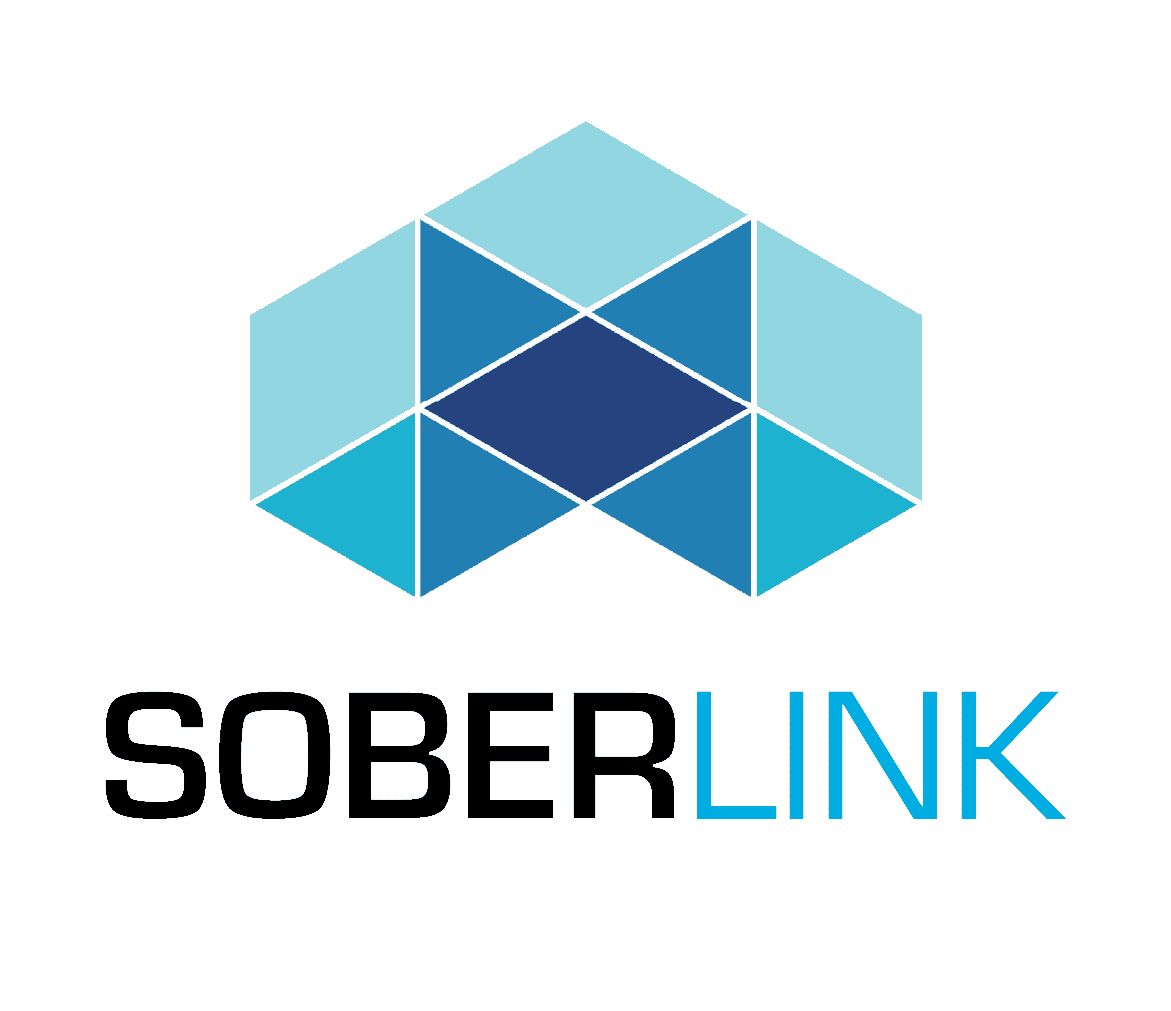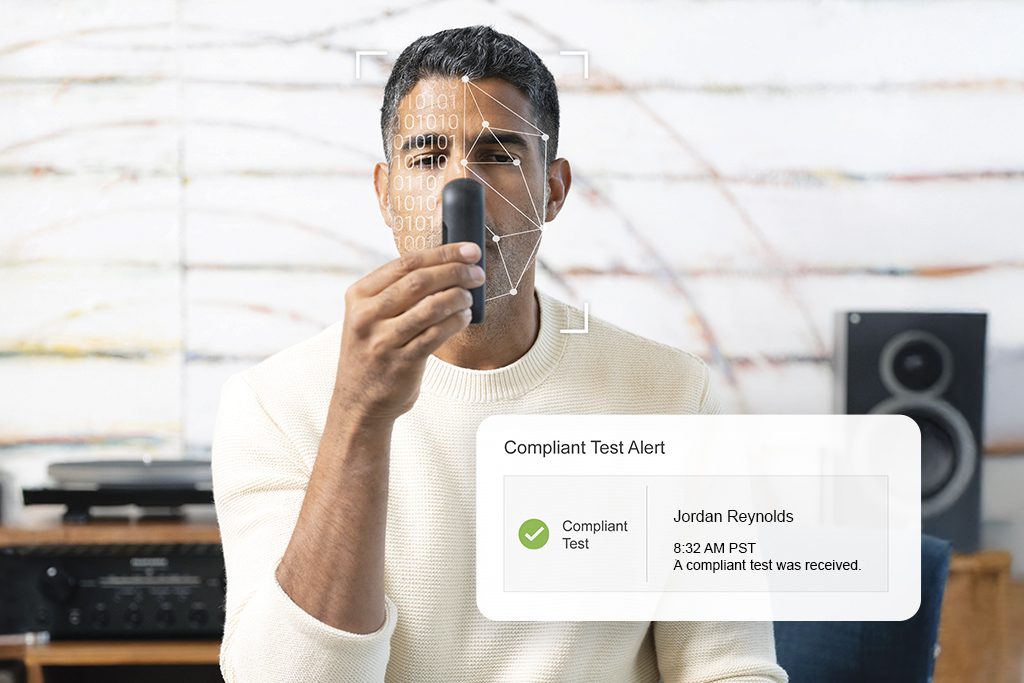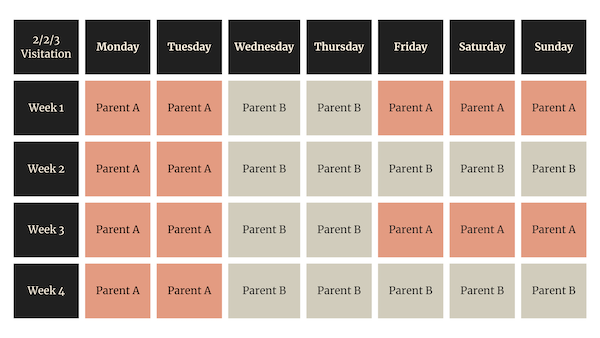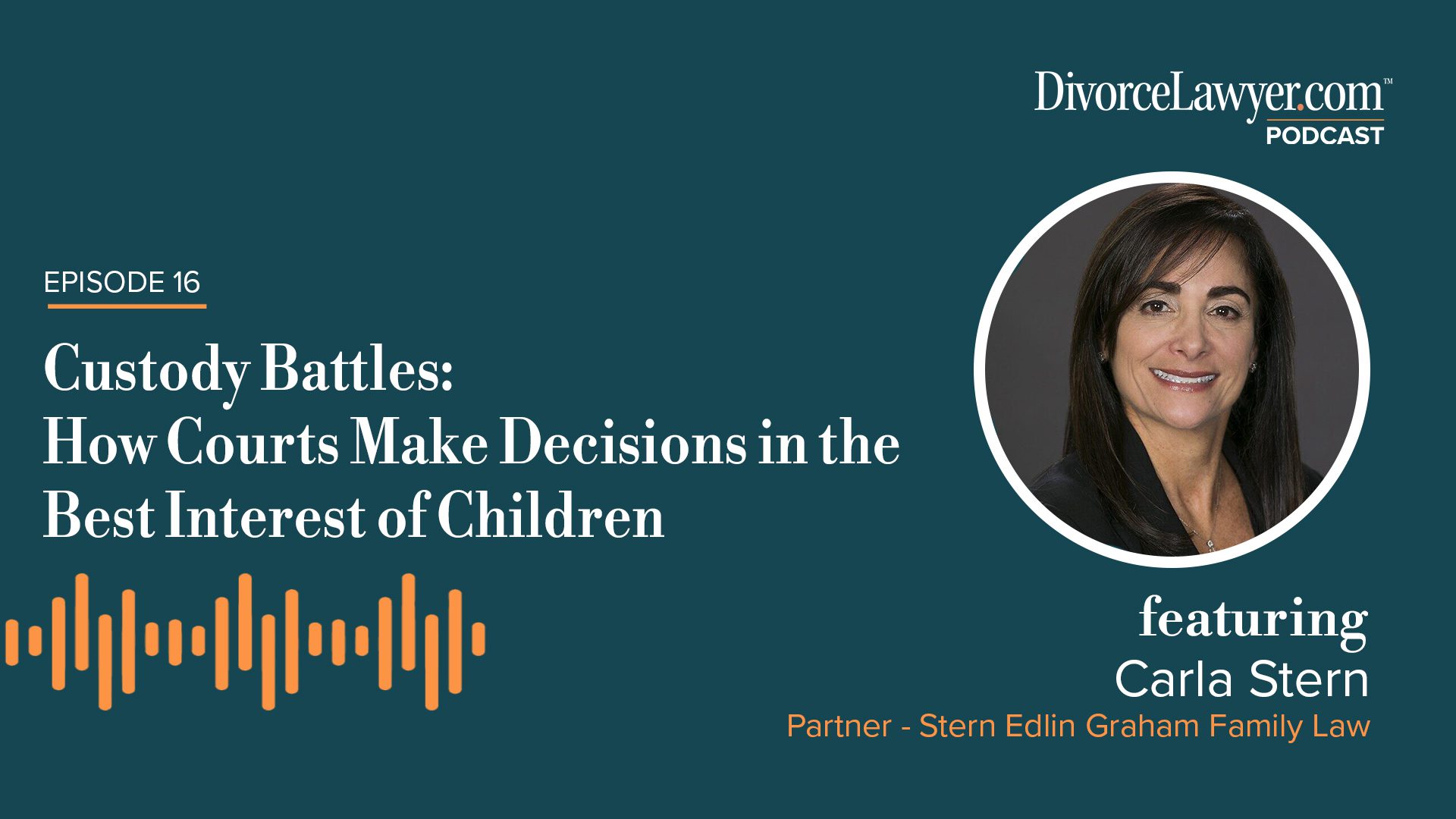Divorcing an Alcoholic – How Monitoring Helps Protect Children and Prove Accountability
Understanding the Realities of Divorcing an Alcoholic
For many parents who are divorcing an alcoholic, separation comes with safeguarding their children’s future. Beyond the emotional toll, alcohol misuse causes legal, safety, and trust concerns that can complicate custody arrangements. The divorce often involves questions about how to protect children and improve peace of mind during parenting time.
For anyone wondering ‘How do you know when it’s time to divorce an alcoholic?’, everyone’s situation is unique, and professionals can help with decision-making. For many, though, the choice usually comes when drinking begins to affect safety, reliability, and emotional stability within the household. While emotionally taxing, divorce can be a necessary step toward protecting children and creating a stable home life where everyone can thrive.
(Disclaimer: The term “alcoholic” is used throughout this article because it remains widely recognized by readers and searchers. The accurate terminology is “alcohol misuse” or “alcohol use disorder,” but this piece uses “alcoholic” to align with how most families search for information online.)

What Happens When You Divorce an Alcoholic
The legal process when divorcing an alcoholic often extends beyond dividing assets and discussing custody. Courts also evaluate each parent’s ability to provide a safe and stable home. Verified proof of sobriety or evidence of relapse can heavily influence custody arrangements designed to protect the child’s well-being.
Many parents facing this situation ask, ‘How do you prove an unsafe environment for a child?’ In family court, the answer lies in documentation. Judges rely on consistent, verifiable evidence that shows whether alcohol use has compromised safe parenting.
That’s why alcohol monitoring technology like Soberlink has become so valuable in custody cases involving alcohol. For more than a decade, Soberlink has been the most trusted system for proving sobriety. Its court-admissible data helps judges make informed decisions about custody and visitation while promoting transparency and accountability for everyone involved.
Why Alcohol Monitoring Matters in Custody Cases
Family courts place a strong emphasis on child safety and accountability. Allegations about alcohol misuse can turn into costly, drawn-out disputes without objective evidence. Monitoring with advanced tools can protect both the child and the parent by creating a transparent record of sobriety.
If you’re divorcing an alcoholic with children, exploring Soberlink should be your next consideration. The system is specifically designed to help families where alcohol misuse has caused mistrust or fear. It offers remote monitoring with key features like facial recognition to confirm identity during each test and tamper detection to prevent cheating, both of which are essential for proving sobriety in custody cases.
How Soberlink Supports Co-Parenting and Accountability
Divorce doesn’t end parenting responsibilities. In shared custody situations where one parent is misusing alcohol, alcohol monitoring can mitigate conflict and protect children from unpredictable environments. Many families have found that using Soberlink during and after divorce protects children while strengthening trust and communication.
“Soberlink is a great thing to add as an extra layer of security and just makes it easier to co-parent with someone who is an alcoholic.” – Andrea
In high-conflict situations, where accusations about drinking can quickly escalate or result in revoked parenting time, having a system in place that provides real-time results is critical. Soberlink automatically sends verified test results to designated contacts, fostering transparency and empowering both parents by providing objective evidence that supports fair custody arrangements.
“Soberlink’s anti-cheat features gave me a lot of peace of mind that we could go by what the results said, regardless of what he said was happening.” – Anna
This transparency helps reduce emotional tension and gives children a sense of security, knowing both parents are doing their part to create a stable environment and healthier dynamics.
Protecting Children During and After Divorce
Protecting the well-being of the children is always the priority in any separation. Courts want to see that both parents are taking steps to ensure the child’s physical and emotional safety. When alcohol is involved, a monitoring program can demonstrate responsibility and show the court that a parent is committed to sobriety and to their child’s best interests.
“Soberlink made me feel like I was actually getting the support outside of the walls of the court.” – Jim
That feeling of continued support matters. Divorce proceedings often end before a parent’s recovery journey does. Soberlink bridges that gap by providing structure and accountability beyond the courtroom. Unlike traditional alcohol testing methods that require frequent lab visits, Soberlink’s discreet and portable devices allow parents to test from home or on the go. This convenience not only reduces stress but also gives parents more time to spend with their children – time that can be used to rebuild relationships and create new memories.
It’s also a tool that benefits both sides. For the parent with the alcohol misuse allegations, it offers a chance to rebuild trust and show consistency. For the concerned party, it provides peace of mind that their children are safe.
“Soberlink is an investment in the kid’s future. It’s an investment in their safety, and it’s also an investment for the addict. This is giving them hard evidence for a judge to make a decision regarding a custody case.” – Jenna
The Role of Accountability in Recovery and Custody
Accountability is often the missing piece when alcohol misuse leads to custody issues. Courts need more than promises; they need data in a clear and easy-to-read format – exactly what Soberlink’s Advanced Reporting provides, which is useful for both the courts and the parent testing.
“Soberlink was that constant reminder of, ‘Hey, in four or five hours, I have to blow.’ Just that constant accountability is what really hit it home with me. One or two beers, then I’m losing custody of my children. It’s not worth it.” – Phil
That mindset is what makes monitoring successful. It creates a tangible sense of responsibility and gives the court measurable proof of progress.
For many, Soberlink becomes part of a larger sobriety plan, reinforcing healthy habits and helping maintain structure during one of life’s most stressful transitions.
Legal Benefits of Using Soberlink in Custody Cases
Attorneys and judges appreciate evidence that is accurate, automated, and secure. Soberlink provides a digital record of every test, including date, time, facial recognition verification, and results. This eliminates the “he said, she said” arguments that often dominate family law cases involving alcohol.
Documentation can be the difference between limited and shared custody in cases that involve alcohol. Consistent monitoring shows that a parent is serious about recovery and willing to be transparent. It can also protect against false allegations of misusing alcohol, giving the court verifiable proof of sobriety.
Systems like Soberlink help families move forward with less conflict and greater confidence in the outcome.
Rebuilding Trust and Moving Forward
After divorce, it takes time for all family members to adjust. Rebuilding trust requires consistent action, and accountability tools can play a major role in that process.
Parents who use Soberlink often say the structure helped them regain a sense of control over their lives while maintaining relationships with their children and demonstrating their commitment to their safety.
Monitoring doesn’t have to be punitive. When used with the right intentions, it can create a foundation of trust that benefits both parents. Soberlink empowers families by turning accountability into an opportunity for healing. With clear, verifiable results, both parents can communicate more openly, make decisions with confidence, and move beyond the conflict that often follows alcohol-related disputes.
Planning Ahead
When divorcing an alcoholic, it’s natural to focus on the challenges right in front of you – custody schedules, court dates, and communication breakdowns. But the choices you make today shape the kind of future your children will remember. Implementing tools that foster accountability and structure can bring calm to an otherwise chaotic time.
Healthy co-parenting with an alcoholic starts with clear expectations and mutual commitment to your children’s well-being. When both parents embrace transparency, healing becomes possible, and families can move from conflict toward stability.
Every family deserves a path forward that feels safe and fair. To learn more about trusted tools that help parents protect what matters most, visit www.soberlink.com/family-law

























